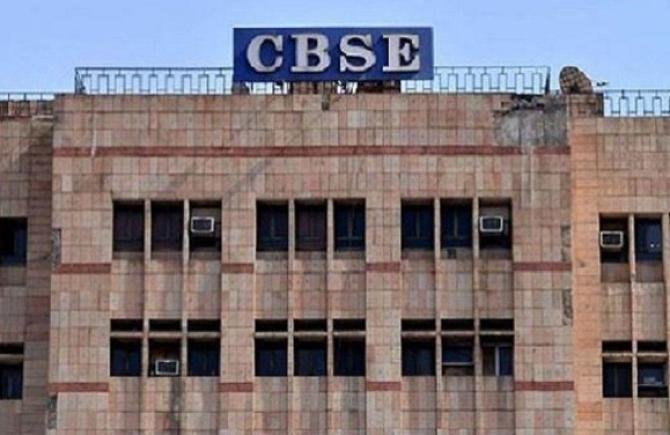Maulana Azad National Urdu University’s model schools face challenges with Urdu exam papers
Team Clarion
NEW DELHI – Maulana Azad National Urdu University (MANUU) has raised concerns over the Central Board of Secondary Education’s (CBSE) decision to prohibit students from writing board exams in languages other than Hindi and English. The move has created significant difficulties for three of MANUU’s model schools, particularly those in Nuh (Haryana) and Darbhanga (Bihar), where the medium of instruction is Urdu.
These schools, affiliated with CBSE, previously allowed students to choose their preferred language when filling out admission forms, in line with the board’s official stance of not recognising any specific language medium. However, the CBSE’s governing body decided in June that any exam written in languages other than Hindi or English would not be marked unless prior approval was obtained. This exception applies only to schools in Delhi, which can request permission to use other languages.
The issue came to the forefront after students from a non-MANUU school in Vijayawada in Andhra Pradesh submitted their exam papers in Urdu. The CBSE Regional Office instructed that these papers should not be marked unless approved by the board. This policy was reiterated for all schools: if any student writes an exam in a language other than Hindi or English, his/her result will be processed without assigning marks for that subject.
MANUU’s three model schools, which were established in 2010, have been offering Urdu as the primary medium of instruction. Despite this, the CBSE has stopped providing Urdu-language question papers since 2021. For the last three years, students at these schools have continued writing their answers in Urdu, even though the questions were given in Hindi and English. Following the board’s recent decision, students are no longer allowed to submit answers in Urdu, causing frustration for both students and staff.
“Our students are finding it difficult to understand the questions in Hindi and English. We have repeatedly informed the CBSE of this issue, but nothing has been done to resolve it,” a school official said.
Afroz Alam, a political science professor at MANUU, voiced his dismay at the situation, saying, “The National Education Policy advocates for education in the mother tongue, yet CBSE’s actions contradict this. Once students start learning in Urdu, they should be allowed to take exams in that medium. It is unfair to force them to write their papers in Hindi or English.”
The CBSE, however, has been firm in its stance. Its Controller of Examinations, Sanim Bhardwaj, refused to recognise MANUU’s model schools as Urdu-medium institutions. “Only schools in Delhi are classified as Urdu medium and receive question papers in Urdu, as per their request,” The Telegraph quoted him as saying.
The lack of clarity and support from CBSE has left MANUU schools in a difficult position. While the university remains committed to providing education in Urdu, its students face an uphill battle in navigating a system that increasingly prioritises Hindi and English in national board exams.

